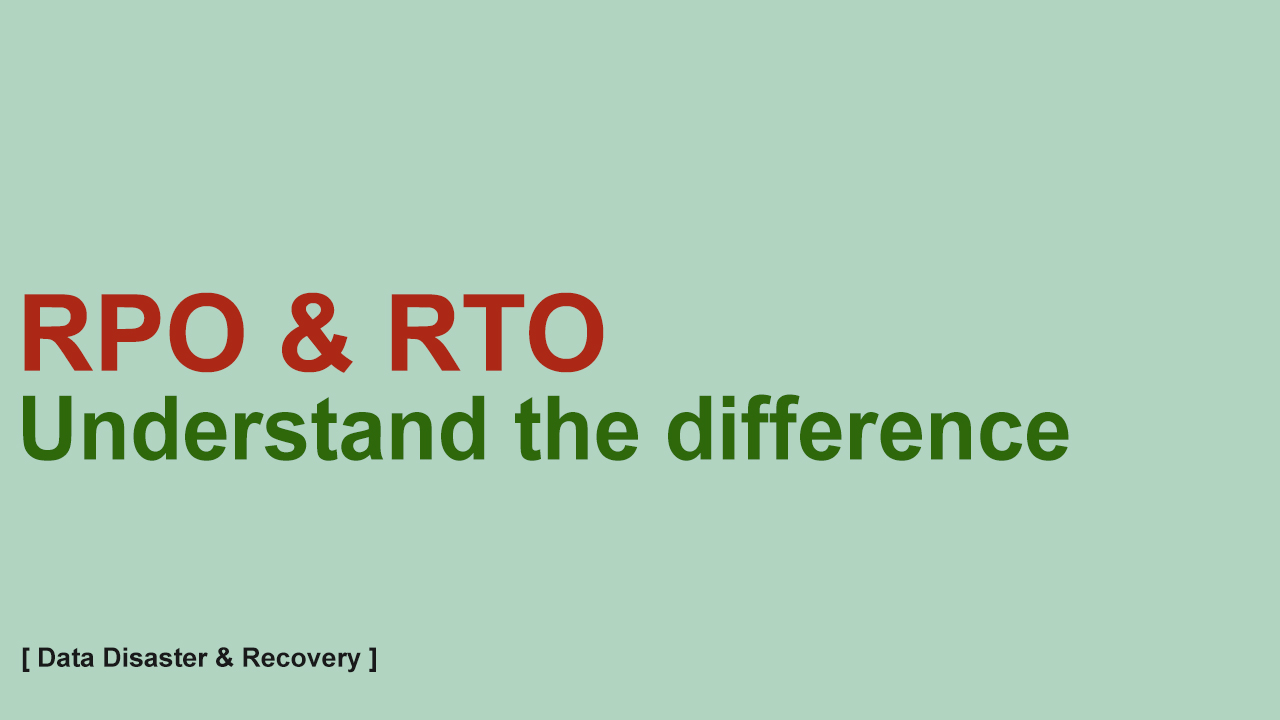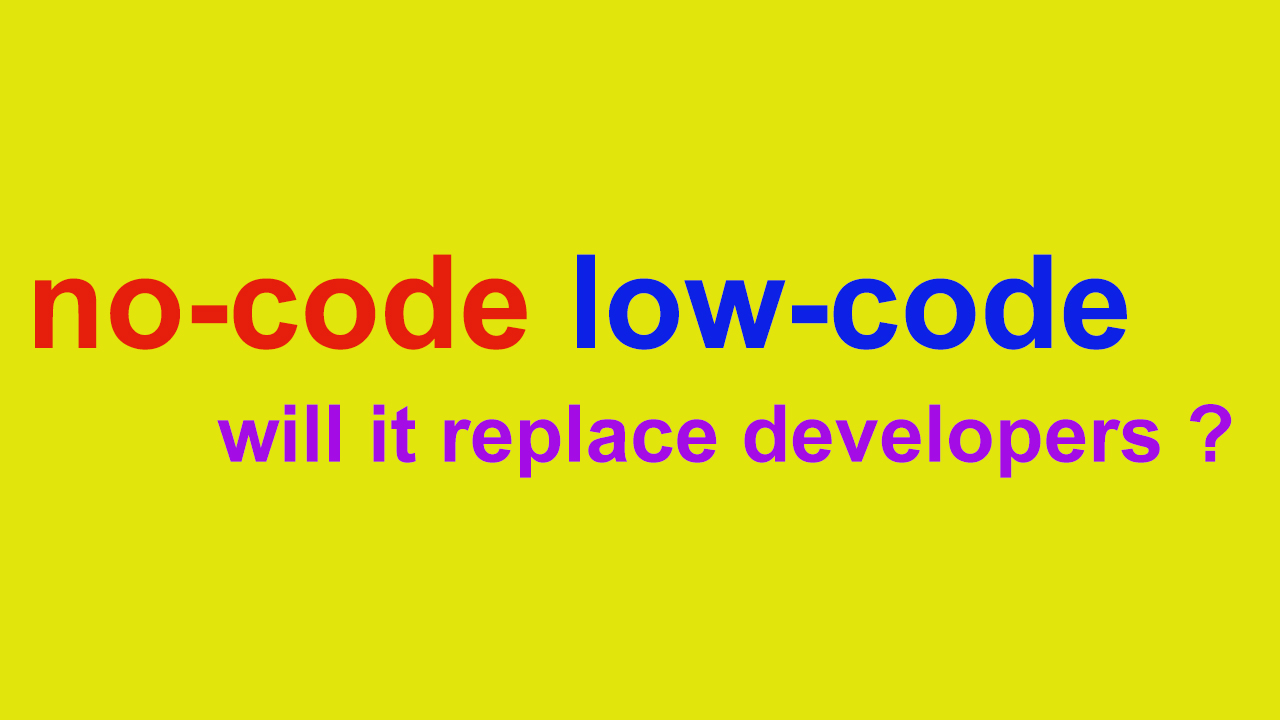Top Programming Languages to Learn
Technology is always evolving and so the development languages. In the past couple of years, we have witnessed enormous technology disruption and so it is very vital for coders to get an update on the latest and on-going technology languages available in the market.
In this article, we have listed out Top programming languages to learn and gain good insights on its Pros and Cons. So let’s get started !!!
Python
Python is an interpreted, High Level, General Programming language created by Guido Van Rossum in 1191. The design principle of Python emphasizes Code Readability, Notably using significant whitespace.
Pros:
- Supports multiple systems and platforms
- Object-Oriented Programming (OOPs) driven.
- Helps to improve Programmer's Productivity
- Allows you to scale even the most complex applications with ease
- Extensive Support Libraries
Cons:
- Note ideal for Mobile Computing
- Python's database access layer is bit underdeveloped and primitive.
Usage/Application: Web and Internet Development, Scientific and Numeric applications, Desktop GUIs, Business applications. It is widely used in AI and Machine Learning space.
Java
Java is a general-purpose computer-programming language that is concurrent, class-based, object-oriented, and specifically designed to have as few implementation dependencies as possible
Pro.
- Object- Oriented language
- Java offers APIs for different activities like Database connection, networking, XML parsing, utilities, etc.
- Powerful open source Rapid Development tools
- A large number of open source libraries
Cons.
- Memory management in Java is quite expensive
- The absence of templates can limit you to create high-quality data structures.
Usage/Application: Java mostly used for developing Android apps, web apps, and Big data.
R
R is a programming language and free software environment for statistical computing and graphics supported by the R Foundation for Statistical Computing. The R language is widely used among statisticians and data miners for developing statistical software and data analysis.
Pros:
- R is a comprehensive statistical analysis language which encourages you to develop new ideas
- As a statistical language which is considered to be very easy to code
- R is open-source software. Therefore, anyone can use and change it
- R is good for GNU/Linux and Microsoft Windows.
- R is cross-platform which means it can seamlessly run on different operating systems.
Cons:
- In R, quality of some packages is not up to the mark
- R does not have the best memory management. Therefore, it may consume all available memory.
Usage/Application: Data Science projects, Statistical computing, Machine learning
Javascript
JavaScript, often abbreviated as JS, is a high-level, interpreted programming language that conforms to the ECMAScript specification. It is a language that is also characterized as dynamic, weakly typed, prototype-based and multi-paradigm
Pros:
- Client-side JavaScript is very fast as it can be run quickly in the client-side browser
- JavaScript is relatively simple to learn.
- It can work smoothly with other languages and can be used in a huge variety of applications.
- Grease monkey support to write snippets of JavaScript which can execute on specific web pages
Cons:
- JavaScript only allows single inheritance, so multiple inheritances are not possible
- No copy or equal method is available in JavaScript.
- JavaScript interpreted differently by different browsers.
Usage/ Applications: JavaScript usage include web/mobile app development, game development, and desktop app development.
Swift
Swift is a general-purpose, multi-paradigm, compiled programming language developed by Apple Inc. for iOS, macOS, watchOS, tvOS, Linux, and z/OS. Swift is designed to work with Apple's Cocoa and Cocoa Touch frameworks and the large body of existing Objective-C code written for Apple products
Swift was developed by Apple in July 2010 so that iOS developers do not need to work with Objective-C.
Pros:
- The Swift program codes are near to natural English, so it is easy to read
- Easy to add new features to this language which makes swift high- level language
- The language does not have long code line.
- Automatic Memory Management feature prevents the memory leaks.
Cons:
- With the continues updating of swift versions of Apple, Swift is somewhat unstable
- As it is a new programming language the pool of Swift developers is very limited
Swift is a specially designed language that works with Apple's Cocoa and Cocoa Touch frameworks to create all types of iOS apps.
C#
C# is a general-purpose, multi-paradigm programming language encompassing strong typing, imperative, declarative, functional, generic, object-oriented, and component-oriented programming disciplines. It was developed around 2000 by Microsoft within its .NET initiative and later approved as a standard by Ecma and ISO
Pros:
- C# uses an almost similar syntax which follows by C so it easy to understand for those who know C language
- Easy Integration with Windows
- Fully integrated with the .NET library which provides access to a repository of functionality and support.
- Safer than its namesakes (C/++) as pointer types are not permitted
Cons:
- It allows pointers in 'unsafe' blocks
Usage applications: Widely used in Enterprise Cross-Applications Development, Web Applications.
PHP
PHP is a server scripting language, and a powerful tool for making dynamic and interactive Web pages.PHP is a widely-used, free, and efficient alternative to competitors such as Microsoft's ASP.
Pros:
- Running with PHP is simple
- Functional and Object-Oriented Programming
- Large Open Source Software Community
- A reasonably good system of automation tools available for testing and deploying
Cons:
- Error handling facility is poor as PHP lacks debugging tool
- PHP is not secure as it is one of the open source languages
- Developing a website with PHP Web Development is slower than other programming languages.
Usage applications: Web Applications, Content Management Systems, eCommerce Applications.
SQL
SQL is a domain-specific language used in programming and designed for managing data held in a relational database management system, or for stream processing in a relational data stream management system.
Pros:
- Powerful query language
- Optimized for large numbers of table rows
- Fast for searching and querying of data
- High availability and consistency of data
- Fast for retrieving data from multiple tables
Cons:
- Difficult to convert data from Objects into database tables
- It can only run on a single server, so increasing speed means upgrading hardware.
- As SQL databases run on a single server so in case if the server stop working, then the database shouldn't be accessed
Usage applications: Used in Any Database.
Hope you liked the article and please do subscribe to receive such articles posted on Digital TechJoint and click here to subscribe to our YouTube channel.
Thanks for visiting Digital TechJoint.






